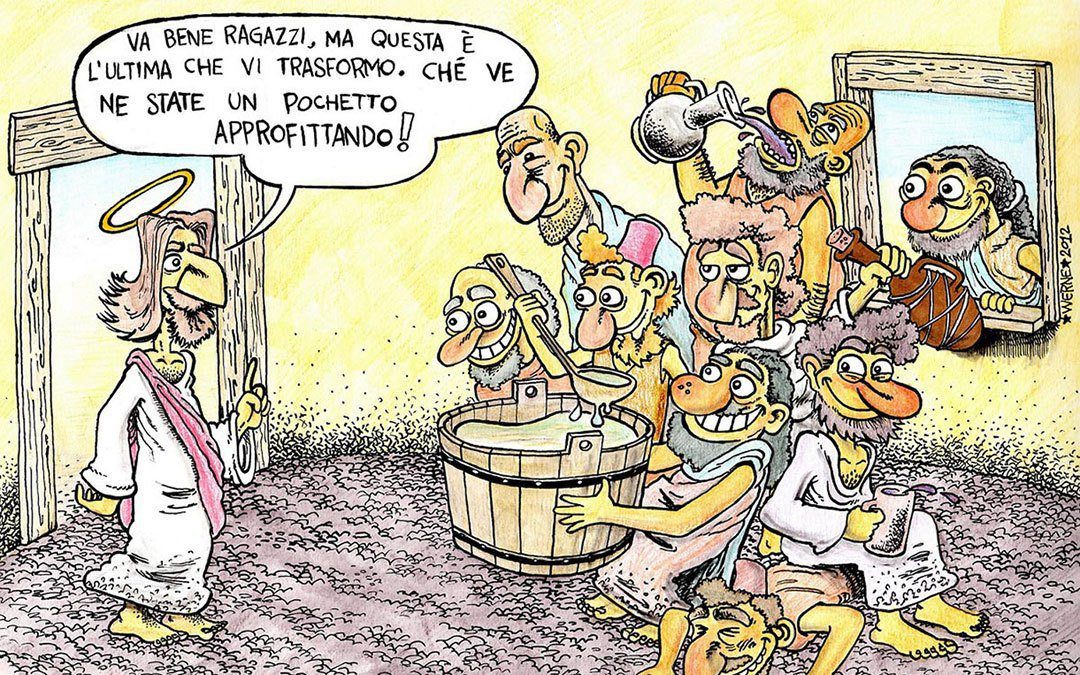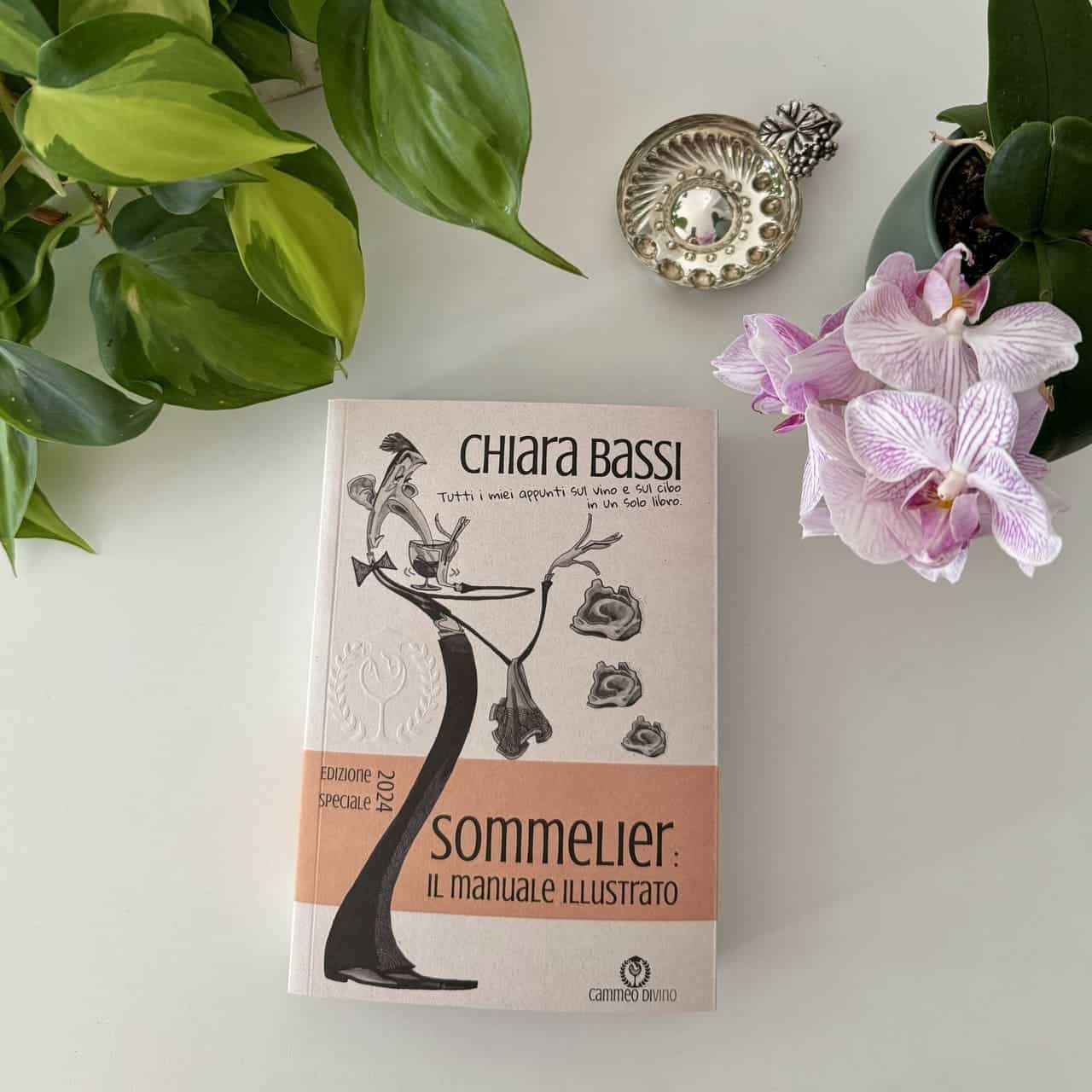This article was written to explore the relationship between the Sommelier and the customer, but surely the principles on which it is based are useful for any business. I decided to write it after analysing some of my working relationships to put a focus on the age-old issue: is the customer always right or not? We have always been taught that the customer is the centre of our business and it is on his satisfaction that our business is based. That is why we have always been taught to make the customer right.
In reality "the customer is always right"is an advertising slogan coined by Harry Gordon Selfridge in 1909 for the Marshall Field's store in Chicago. Obviously he did not mean that customers are always right in an absolute sense, but that the customer is a special being... and (as Franco Battiato says in La Cura), since he (the employee) is a special being, he must take care of him!
WARNING: the customer is NOT always right and some customers DO BAD BUSINESS! There are customers who demand much more than they should, who continually ask for discounts (but if you buy one of their goods or services, do they give you the discounts they ask for?), who do not respect the rules of your service or who continually try to be clever. Have you ever seen a winegrower give water to weeds? Weeds must be uprooted to make the vines grow better! Translated, you have to reward the correct customers and let the incorrect ones go and waste time, money and health on those who have it to lose, surely this is not you (and neither am I).
The relationship between the sommelier and the customer is made up of many nuances. One of the most qualifying qualities of a sommelier is his or her ability to get into perfect harmony with the customer, and to achieve this, experience certainly plays a key role.
What does it take to sell the right wine to the right customer?
- understand the customer, tune into his psychological condition and offer him WINE that can satisfy him at the maximum price he is willing to spend;
- apply the pairing techniques learnt in order to recommend a WINE that can enhance his meal;
- to know the (always up-to-date) supply situation of the cellar so as to propose THE WINE that satisfies the customer and enhances his meal and, at the same time, is exactly what THE ESTABLISHMENT NEEDS TO SELL.
The Sommelier sometimes finds himself in really awkward situations, and getting out of them elegantly and politely is not always easy... because sometimes there are customers who really deserve to have a glass knocked over their head! But really, how should one behave on these occasions?
Is the customer always right? CASE 1
The Sommelier proposes the best wines to enhance the preparations and the customer chooses wines that are completely different and absolutely out of tune with what he is going to eat. Food and wine pairing is fundamental to really enjoy a lunch or dinner. The sommelier should NOT tell the customer that his choices are wrong, but should politely explain why the wines he suggests are more appropriate. If the customer remains firm in his positions, the Sommelier must fulfil the customer's requests. (Always remember that from the moment he pays, he decides!)
Is the customer always right? CASE 2
The customer complains of an alleged defect in the wine that is in fact its olfactory or taste characteristic. The Sommelier must explain this, but in the event that the customer 'does not trust' the Sommelier, he must change the bottle.
Is the customer always right? CASE 3
The customer does not like the wine he has ordered and expresses this at the tasting. In this case, too, the Sommelier has to change the bottle.
So what should you do?
In summary, perhaps the principle applies that:
"The customer is not always right, but he is always the customer!"
In general, it is a good idea to assess the customer's profitability and possibly loosen or cut the relationship if it proves unsatisfactory.
But don't forget that nobody is perfect, and surely we too can make mistakes. If the customer points out an inadequate service to us, admitting the error to the customer who unintentionally suffered from our inadequate behaviour is crucial to recovering the relationship of trust. This can be helped by offering immediate gratification to the customer (such as a free gift or discount).
Remember to avoid these categories of customers like the plague... and sometimes consider that it is a gain to lose a customer if it is not profitable:
- the client who is verbally aggressive;
- the customer consuming too many resources (telephone, e-mail...);
- the customer who continually asks for favourable treatment;
- the incontentatible customer;
- the impatient customer.
At the same time, always remember that the customer is the sap that the company needs to live, but the sap doesn't give a caper about being right! Try being right about your basil seedling in a dark room without water and see how long it lasts to give you fragrant leaves: in 2 weeks it is dead! (I have great experience of this...) So the crux of the matter is: always ask yourself what the customer in front of you needs! Whatever your business is, you MUST ALWAYS meet your customer's needs in order to prosper.
Want to spend cheaply? Give him a cheap wine. He will never appreciate an Anna Maria Clementi of Ca' del Bosco worth 100 and more euros if he has it in his head to pay a maximum of 10 € for a bottle of wine! And who cares if the pairing is perfect and the aromas divine... it is not the bottle that satisfies his need and next time he will go to someone who can satisfy it, at the expense of quality.
The Sommelier's skill, as well as that of any professional, is to show the quality of his work while satisfying the customer's needs... that we are all good at opening bottles from 100 € upwards and making a good impression!
After all, Micheal O'Leary, Ryanair's president, told the Financial Times some time ago that the customer is almost always wrong... but his prices are the lowest on the market and respond to the need to spend little, and by virtue of this he has taught his customers that only price counts and everything is superfluous, even the smile. In short, whatever you claim, you are the customer and therefore you are wrong. Full stop.
What airline are you travelling with?
And how do you deal with your customers?
Leave me a comment! 😉
Cheers 🥂
Chiara


